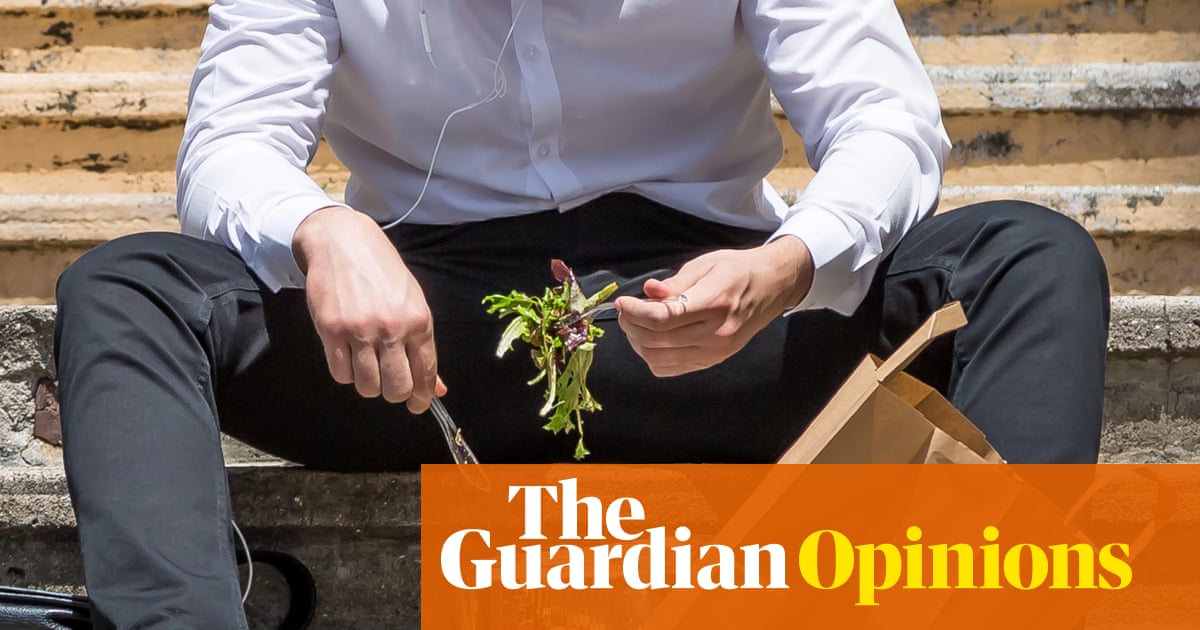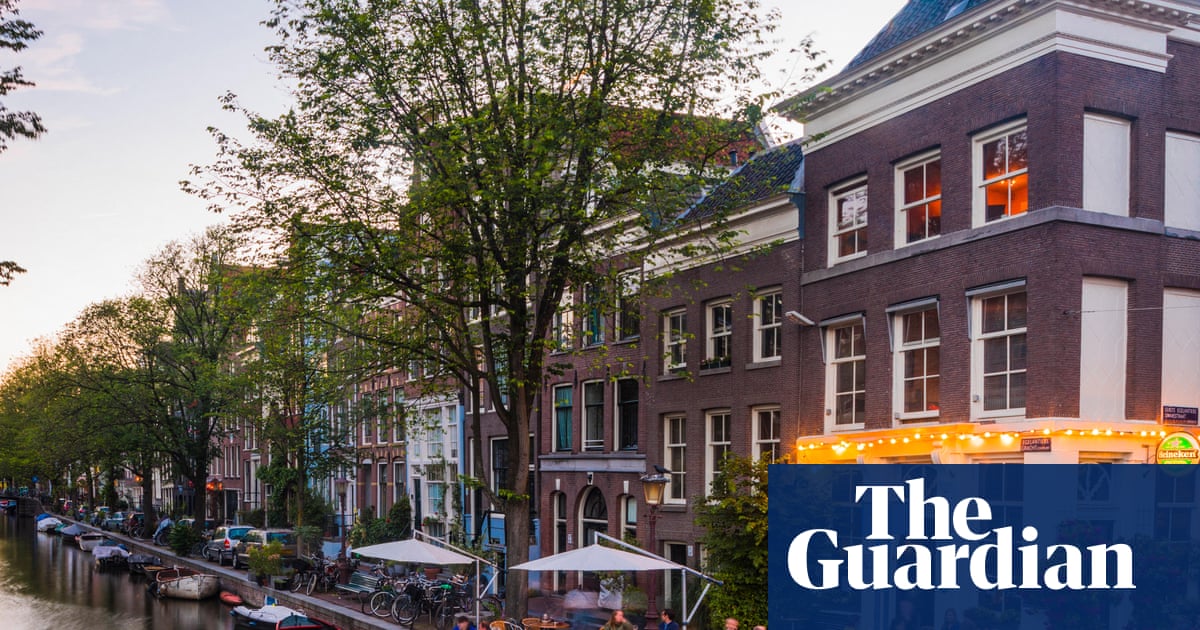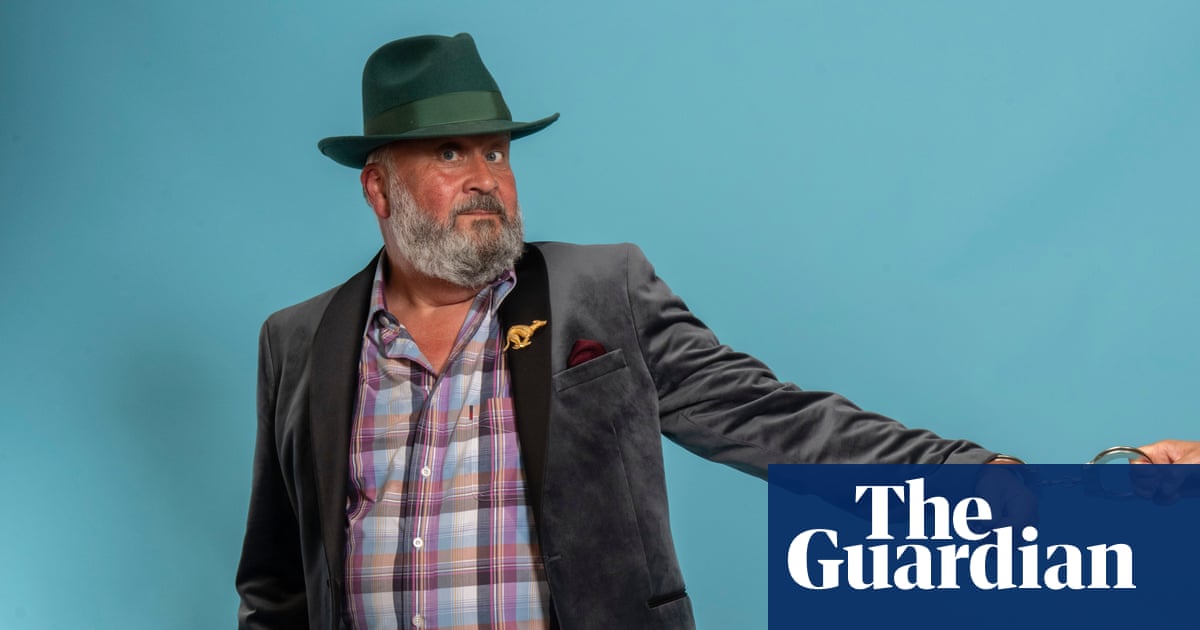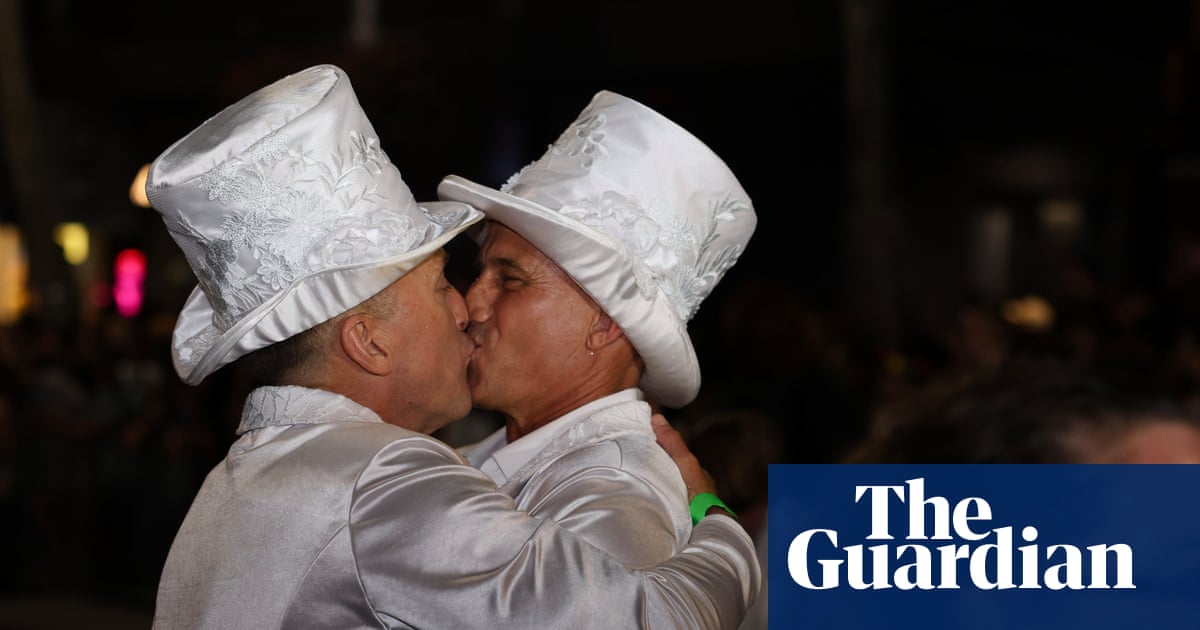“I know whenever I come back here next,” Nigel Farage told a jubilant crowd of hundreds in a leisure centre in Redruth, “Reform UK will become a dominant force, not just in Cornwall politics, but in British politics.”
That was in February and when the local elections arrived three months later it appeared Farage’s prophecy was in part coming true – Reform took 28 seats on Cornwall council, the highest number of any party.
But during his speech at Carn Brea leisure centre, Farage also warned his rapturous supporters “we have to convert theory into reality” – and reality in Cornwall is now biting.
Six months on from the local elections – after which Reform was unable to form an administration, leaving the Liberal Democrats and independents to set up a ruling coalition – the party’s presence in the county is in disarray following weeks of resignations, suspensions and infighting that mean Reform UK no longer holds the highest number of seats in the authority.
Critics say that along with the chaos in the Reform-led council of Kent, the farcical scenes in Cornwall, where Reform act as the official opposition are further evidence that the party is not capable of delivering beyond a protest vote.
Two key figures involved in the fiasco, the former leader and deputy leader of the Reform group in Cornwall, said interference from national figures in the party was in part behind their decision to stand down and could also be blamed for some of the infighting that has brought Reform into disrepute.
Rowland O’Connor, a seasoned figure in the party who won 16.5% of the vote in North Cornwall in last year’s general election, was the first to stand down in early October – not only stepping down as deputy but from Reform itself.
“I made a commitment to serve the people of my division as a local councillor and to represent their best interests on anything to do with council services: buses, transport, roads, hedges, potholes, bins, all the things that one would expect a council to be involved in,” said O’Connor, who represents St Columb Major, St Mawgan and St Wenn division.
“But the position I found myself in as deputy leader and also as a Reform UK councillor, was that the national agenda right was being emphasised.”
O’Connor said the two key propositions from Reform UK on a national level were challenging immigration and net zero. “The direct impact of immigration in Cornwall is negligible,” he said. On net zero, Reform councillors sitting on planning committees – like all councillors – are required to be apolitical in their decision-making, he added.
“There was an ongoing divergence between what time I was able to dedicate to serving the residents in my division versus trying to unravel the push-pull between national and local.”
Two days later, Reform’s leader in Cornwall, Rob Parsonage, also resigned the role and from the party. Parsonage, who represents Torpoint, said as leader he would receive “instructions” over WhatsApp from “head office” ordering them to “put motions in to scrap all net zero target-related matters”.
“The trouble with that is you have to go in there with an open mind and with a view to assessing a planning application based on its merits, the regulations and the law,” Parsonage added. “So, effectively, you’re being asked to do something that you’re not allowed to do.”
O’Connor and Parsonage have formed the Cornish Independent Non-aligned Group with two other former Reform councillors, Anna Thomason-Kenyon and Karen Knight.

Parsonage’s wife, Christine Parsonage, who was elected as a Reform councillor for St Columb Minor and Colan, stood down at the end of last month on health grounds. Her short time as councillor, however, was mired in controversy after it emerged she lived more than 40 miles away from her division in Torpoint.
She was heavily criticised by members of Newquay town council in August for not attending their meetings as the Cornwall council representative for the area she represented. She later admitted standing as a “paper candidate” – a contender who does not realistically expect to be elected.
The five departures mean Reform now has 23 seats on Cornwall council, having previously held 28, compared with the Liberal Democrats’ 26.
Before the departure of Rob Parsonage and O’Connor, the former had come under criticism from within his own party. Curtis Mellows, the then chair of the Reform Cornwall south-east branch, did not hold back with his criticism of Parsonage online, calling him an “odious little man”.
“He’s got no leadership qualities whatsoever,” Mellows said. “He tries to make out he’s got experience in politics. Well, he proved he hasn’t. I told the head office this guy shouldn’t be there, and he’s going to be a disaster – and you’ve seen what’s unfolded in the south-west.”
In another twist, Mellows himself is now suspended from the party after making allegedly offensive comments about Prince Harry in a social media post.
Mellows said he had made formal bullying complaints about members of the party in the county, which were not dealt with by the regional or national figures. “I wouldn’t let the bullying drop and I kept on and on and on about it,” he said. “They’ve obviously decided to get rid of me, which is fine.”
Despite the election of a new leader and deputy leader for the Reform group, the infighting continues.
Only this week, the chair of the Camborne, Redruth and Hayle branch was removed, much to the dismay of branch members.
The waters are muddied further by the fact the chair who was removed from the branch against its members’ wishes is – and remains – the newly appointed deputy of the party in Cornwall, Roger Tarrant.
Members of the branch have been anonymously briefing the local press, complaining of the “removal of our popular and successful previous chairman, and the parachuting in of an unknown”.
So as Reform unravels, how are the parties in power responding? Leigh Frost, the Liberal Democrat leader of Cornwall council, said: “It’s quite astounding. In reality, everyone knew that this would eventually come. It’s no surprise.
“We had a lot of Reform paper candidates in the local elections in May. A lot of those people got elected on the wave, and are now realising what it’s like to be a councillor, what it means to be a councillor.
“Ultimately, some of them are realising it’s very difficult and don’t want to do it, and that’s entirely up to them.
“Others are realising that there’s more to it, and they want to do a good job for their communities, which is great, and sort of realise that Reform isn’t the answer to that.”
A Reform UK spokesperson said: “These claims are untrue. Reform UK councillors have complete autonomy to take a stand on local issues and are encouraged to come up with solutions to improve their communities.
“However, voters are right to expect their elected Reform UK representatives to remember the platform they were elected on, which includes opposing the net zero agenda and ensuring taxpayer funds are spent on local people, not illegal migrants.”
The newly appointed Reform leader in Cornwall, Paul Ashton, also rejected comments that local councillors had to focus on national Reform policies, such as immigration and net zero, rather than prioritising important issues affecting Cornish voters, such as affordable housing and public services.He said there was no directive from Farage or any other senior Reform figure that members had to toe the national line. “There is nobody from HQ breathing down our necks saying you’ve got to do this or you’ve got to do that.”

.png) 3 months ago
60
3 months ago
60

















































